Why Do Students Procrastinate?

May 5, 2017
Everyone knows that students procrastinate; it is a well established fact, and it is especially common throughout high school. The question is why do we do this? Why leave work unfinished until the very last minute? As students, most of us will end up doing our homework and turning it in the day that it’s due. However, a number of us will put off actually completing the assignment for a significant amount of time. We asked a number of students at Terra Linda High School whether they procrastinate, and if they do, why.
Sophomore Cindy Escobar believes that the main reason students procrastinate is “mainly due to the thought of having an unpleasant task. Actually doing the task may not be as bad, and usually isn’t.” Jasper Pedersen, a freshman at Terra Linda, stated, “Students procrastinate because they would rather enjoy the moment they’re in than deal with the stress that comes with school.” MSEL student Mady Mckim simply feels that “some people do it because they have more important commitments and that I would just rather do something more fun.”Offering a different perspective, sophomore James Goff put forth the idea that “pressure produces results.” He said, “When someone has to do something like homework, I believe that people who procrastinate work best under time pressure.” Goff’s idea is an interesting one. The theory is: those who procrastinate a lot actually benefit from doing so and perform better rather than cracking under pressure.
So why do students really procrastinate? What is the science that makes us put off tasks that seem so undesirable? Procrastination is relatable with students everywhere, because the human brain is made for it. When your brain has to decide on an activity it doesn’t want to do, two parts of the brain battle it out. The limbic system (the unconscious zone that includes the pleasure center) and the prefrontal cortex (the internal “planner”), when the limbic system wins, which it does more often than not, the result is procrastination on an activity that could easily be finished. Joseph Ferrari, a professor of psychology at DePaul University who studies procrastination, has found that as many as 20 percent of people may be chronic procrastinators. “It really has nothing to do with time-management,” he says. “As I tell people, to tell the chronic procrastinator to just do it would be like saying to a clinically depressed person, cheer up.”
In truth there is no solution to procrastination; it has been and always will be a part of our society. Students are aware that they do it and don’t seem to be phased by this; they accept the consequences to their actions. Whilst there is a clear scientific explanation for procrastination, there is no cure or surefire way to prevent it.



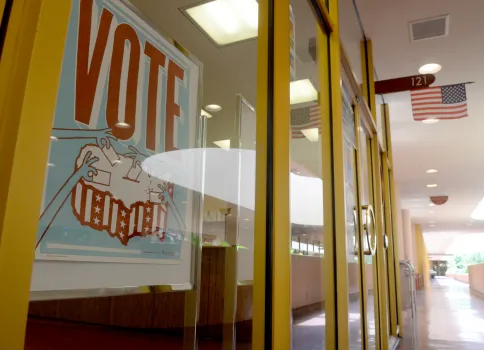













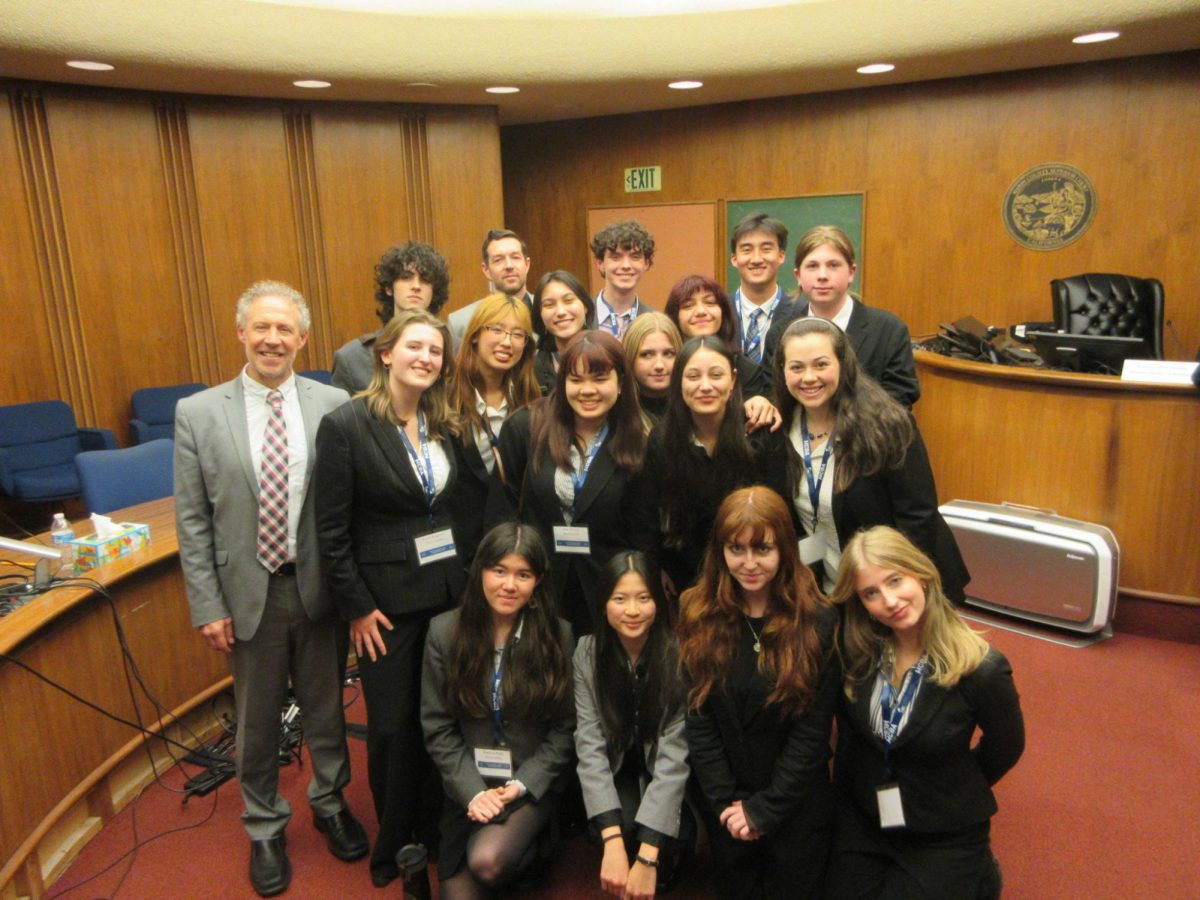








































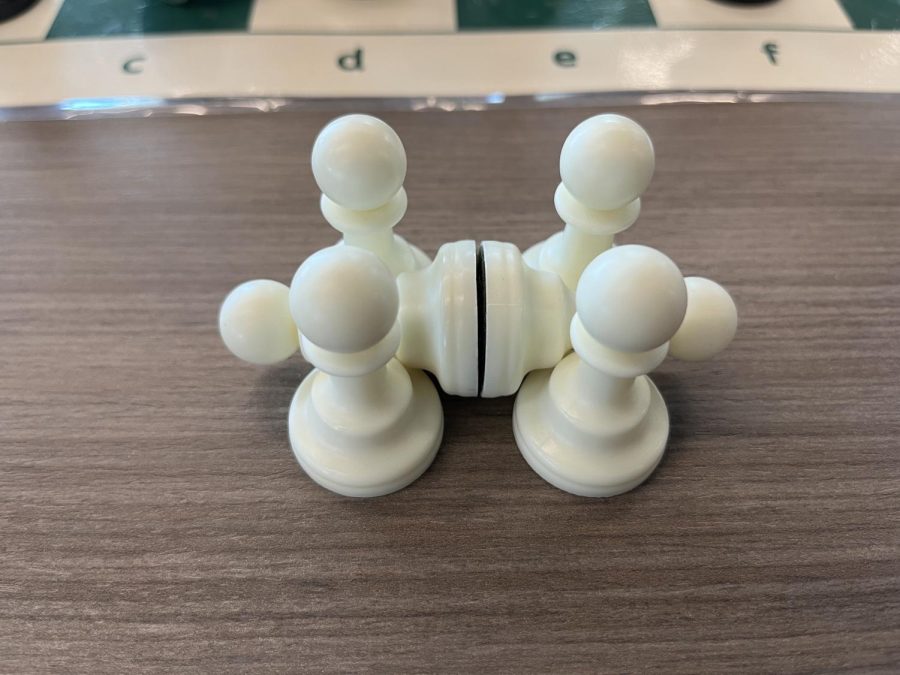



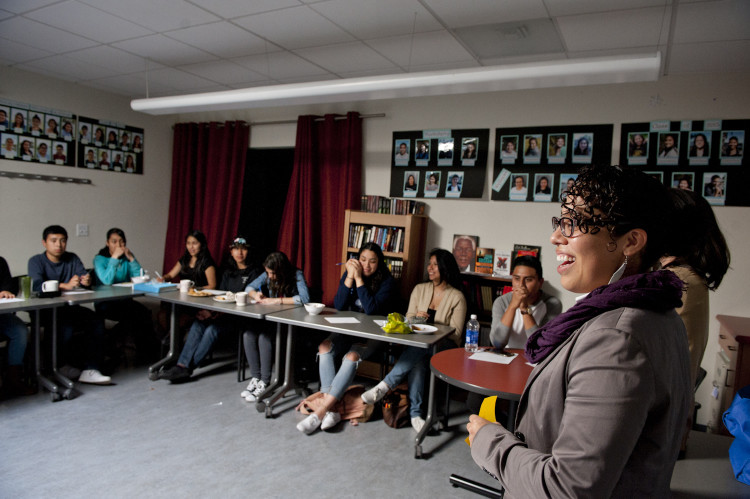









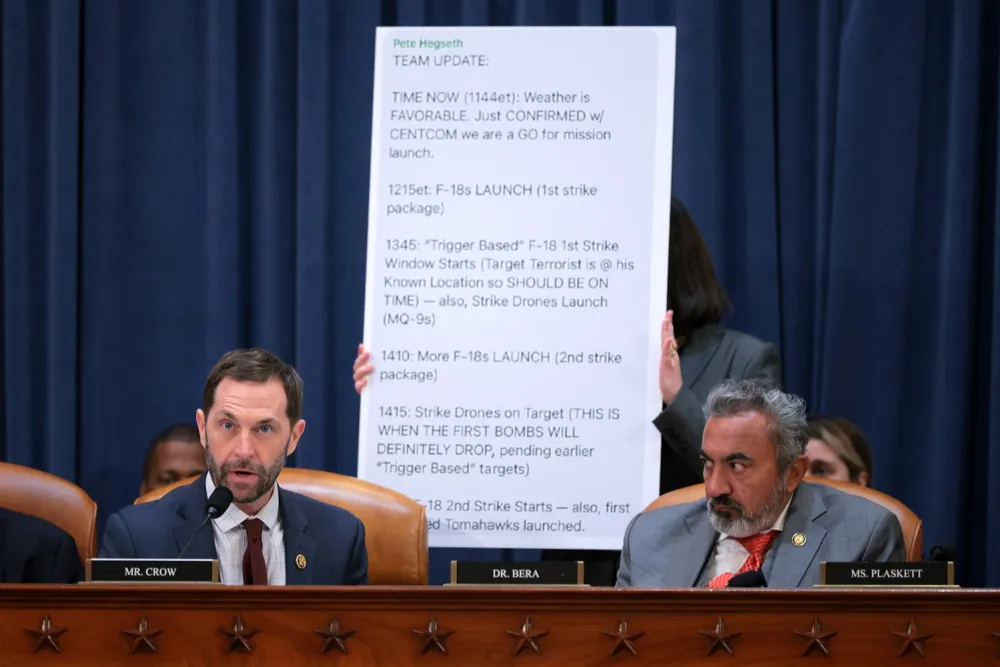



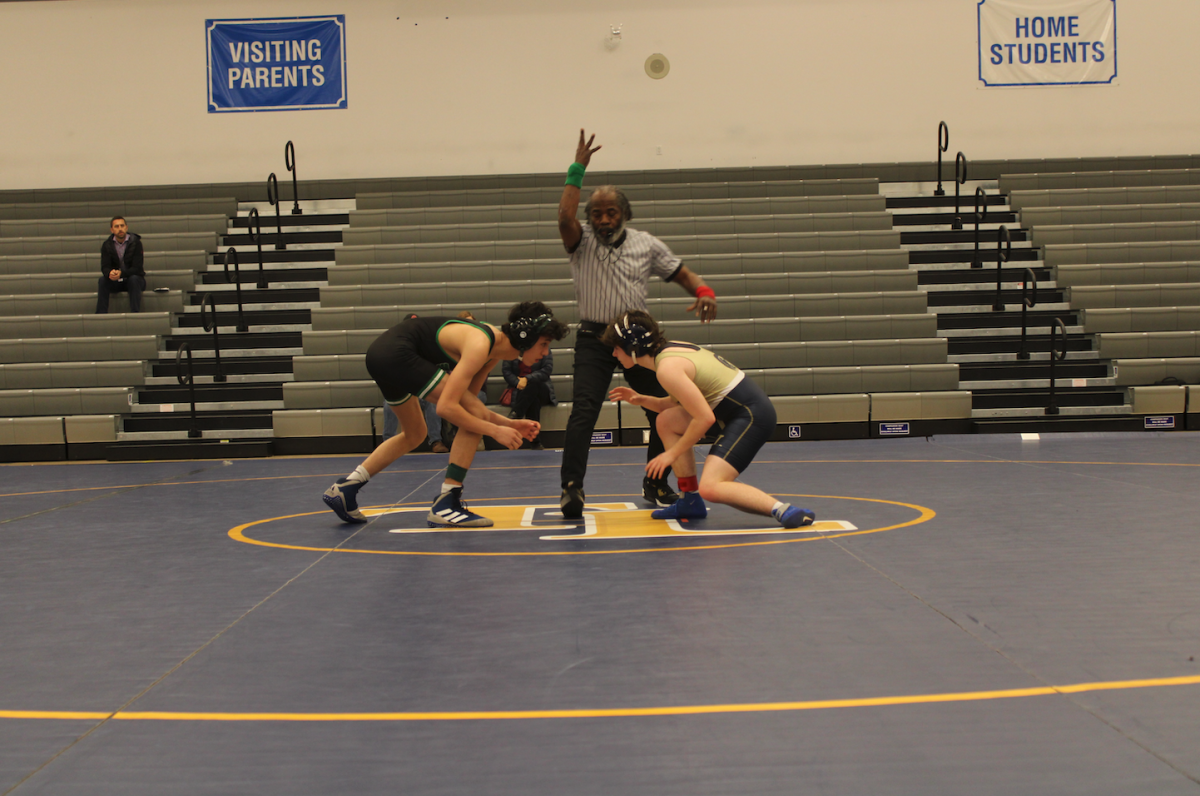









James Goff • May 19, 2017 at 11:43 am
Thank you Charlie for asking me to be in this article. I enjoyed the article.